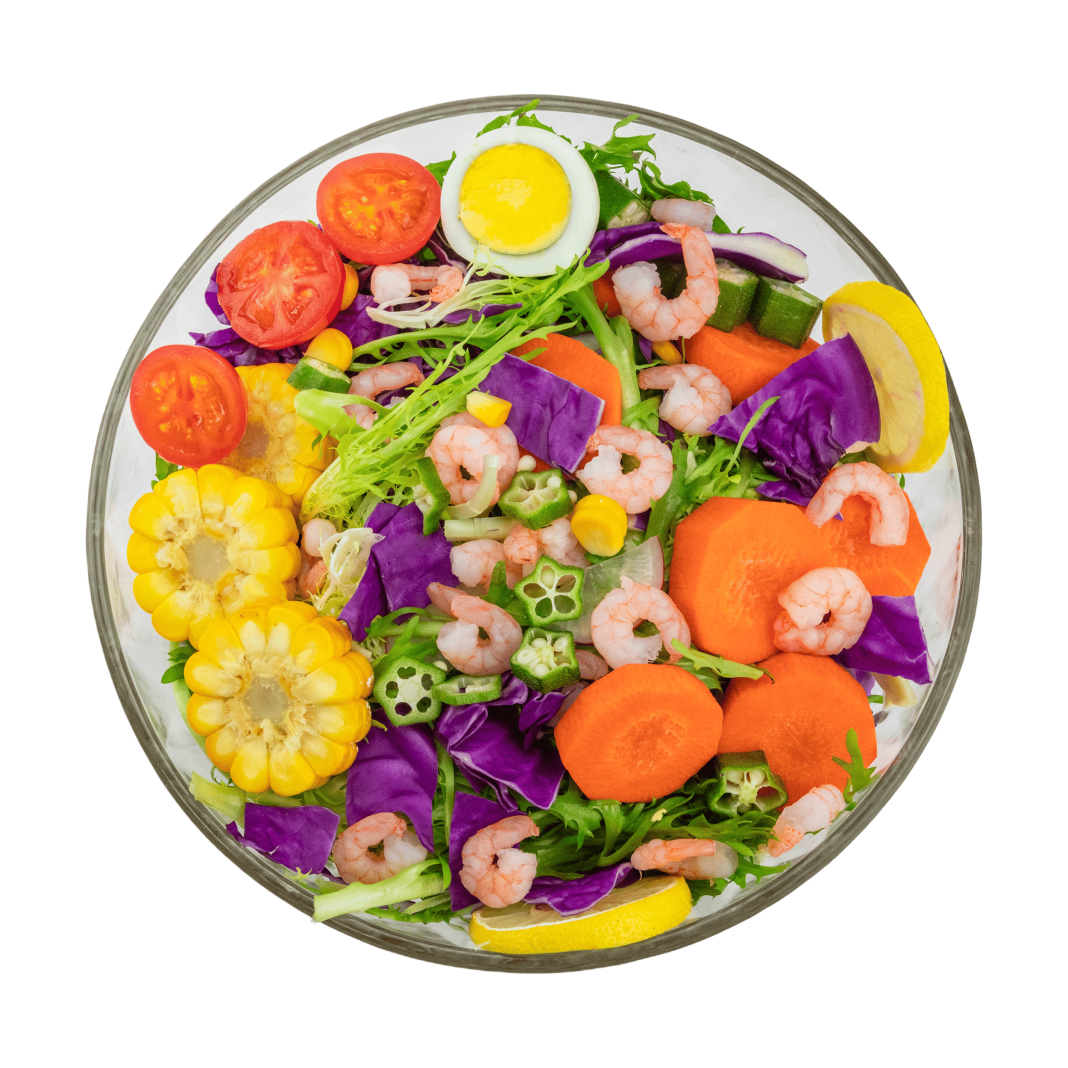This content is provided by the Pioneer Bird Blood Sugar Management Software! It helps you record health indicators such as blood sugar and blood pressure, provides free tasting of sugar-free foods, and customizes diet and exercise plans to accompany you in blood sugar control.
Diabetes, a term that may not sound unfamiliar but makes countless people shudder. In our country, the incidence of diabetes is increasing year by year and has become one of the chronic diseases seriously affecting people’s quality of life. For diabetes patients, dietary control is a key element in blood sugar management. Today, let’s talk about diabetes diet and how to be cautious about 6 common foods that may cause blood sugar fluctuations.
1. Principles of Diabetes Diet
The dietary principles for diabetes patients can be summarized as “total calorie control, balanced diet, proper combination, and regularity in timing and quantity.” Specifically, it means following these four aspects:
Control total calories: Reasonably determine the daily total calorie intake based on factors such as the patient’s weight, age, and activity level.
Balanced diet: Ensure balanced intake of nutrients in the diet, including carbohydrates, proteins, fats, minerals, and vitamins.
Proper combination: Diversify food types, balance the coarse and fine, and meat and vegetables combinations to enhance satiety.
Regularity in timing and quantity: Develop good eating habits with three regular and moderate meals a day, avoiding overeating.
2. Be Cautious of 6 Common Foods that Cause Blood Sugar Fluctuations
Refined grains: Refined grains have high starch content, leading to rapid blood sugar spikes. It is recommended for diabetes patients to consume them in moderation and combine them with coarse grains, whole grains, etc.
Fruits: Although fruit fructose does not directly cause a rise in blood sugar, excessive intake can still affect blood sugar stability. It is advisable to choose low-sugar fruits such as apples, pears, and oranges and control the intake amount.
Animal offal: Animal offal contains rich fat and cholesterol, excessive intake may cause abnormal blood lipids and worsen diabetes. It is recommended to consume in moderation, not exceeding 50 grams per week.
Dairy products: Full-fat milk, condensed milk, and other dairy products have high fat content, which can cause blood sugar fluctuations. It is advisable to choose low-fat or skim dairy products.
Sugary drinks: Sugary drinks have high added sugar content, leading to rapid blood sugar spikes. Diabetes patients should avoid sugary drinks and can moderately consume sugar-free drinks.
Fried foods: Fried foods have high oil and calorie content, leading to blood sugar fluctuations. It is recommended for diabetes patients to consume fried foods in small amounts or avoid them altogether.
In the process of diabetes diet management, the blood sugar management assistant plays a crucial role. It can monitor the patient’s blood sugar data in real-time and provide personalized dietary advice for the patient.
In addition, diabetic patients in our country can receive free sugar-free food activities, providing real benefits to the diabetes community. Sugar-free foods not only taste good but also effectively reduce blood sugar fluctuations, making them the preferred choice for diabetes patients’ diets.
In conclusion, diabetes patients should pay attention to dietary taboos in daily life and be cautious of 6 common foods that cause blood sugar fluctuations. With the help of the blood sugar assistant, properly arrange the diet, develop good lifestyle habits, and let’s stay away from the troubles of diabetes together.


